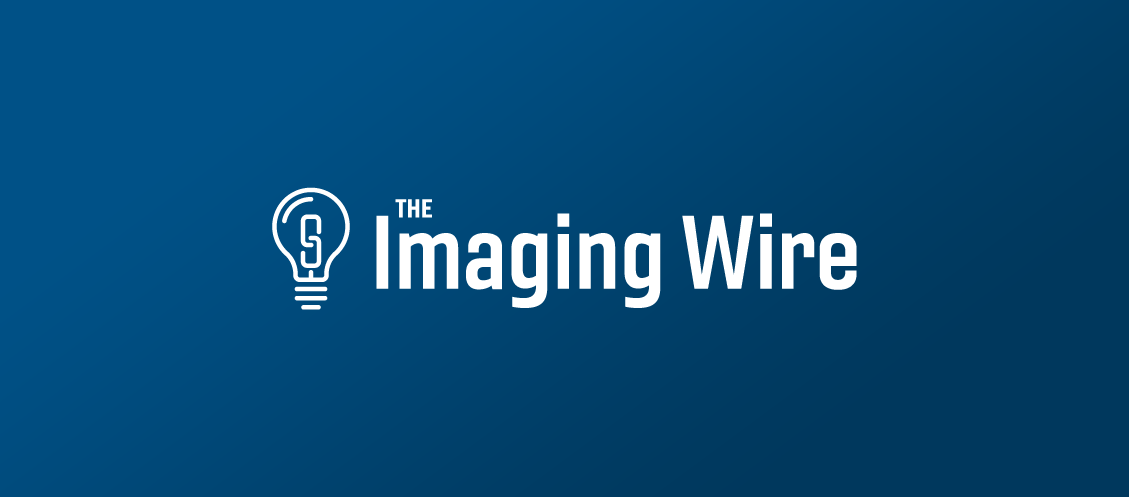It’s no secret that insurance reimbursement drives adoption of new medical technology. But a new analysis in NEJM AI shows exactly how reimbursement is affecting the diffusion into clinical practice of perhaps the newest medical technology – artificial intelligence.
Researchers analyzed a database of over 11B CPT claims from January 2018 to June 2023 to find out how often reimbursement claims are being submitted for the use of the over 500 AI devices that had been approved by the FDA at the time the paper was finalized.
- The authors chose to focus on CPT claims rather than claims under the NTAP program for new technologies because CPT codes are used by both public and private payors in inpatient and outpatient settings, while NTAP only applies to Medicare inpatient payments.
They found 16 medical AI procedures billable under CPT codes; of these, 15 codes were created since 2021 and the median age of a CPT code was about 374 days, indicating the novelty of medical AI.
- Also, only four of the 16 had more than 1k claims submitted, leading the authors to state “overall utilization of medical AI products is still limited and focused on a few leading procedures,” such as coronary artery disease and diabetic retinopathy.
The top 10 AI products and number of CPT claims submitted are as follows:
- HeartFlow Analysis for coronary artery disease (67,306)
- LumineticsCore for diabetic retinopathy (15,097)
- Cleerly for coronary atherosclerosis (4,459)
- Perspectum LiverMultiScan for liver MRI (2,428)
- Perspectum CoverScan for multiorgan MRI (591)
- Koios DS for breast ultrasound (552)
- Anumana for ECG cardiac dysfunction (435)
- CADScor for cardiac acoustic waveform recording (331)
- Perspectum MRCP for quantitative MR cholangiopancreatography (237)
- CompuFlo for epidural infusion (67)
While radiology may rule in terms of the sheer number of FDA-approved AI products (79% in a recent analysis), the list shows that cardiology is king when it comes to paying the bills.
The Takeaway
Amid the breathless hype around medical AI, the NEJM AI study comes as a bit of a wake-up call, showing how the cold reality of healthcare economics can limit technology diffusion – a finding also indicated in other studies of economic barriers to AI.
On the positive side, it shows that a rosy future lies ahead for those AI algorithms – like HeartFlow Analysis – that can make the leap.






